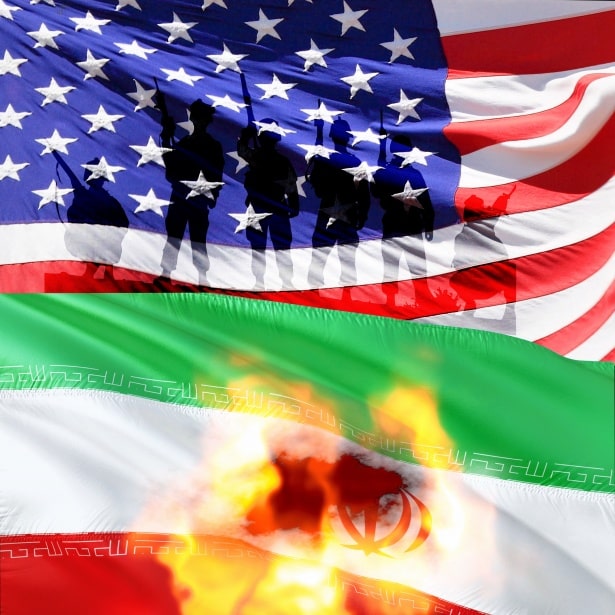In his usual fashion, President Trump confounded both his allies and critics by ordering the assassination of General Qasem Soleimani.
As news of this event rippled across the world, crude oil prices shot up by a staggering 4% to hit $70 a barrel. The reason for this seismic move is that Iran has the fourth-largest oil reserves in the world, behind Saudi Arabia, Canada, and Venezuela.
A war with Iran would, therefore, lead to a severe global shortage of oil output from the Gulf state that would result in a price upsurge.
To understand how tensions between the United States and Iran would affect South African oil prices requires the weighing of various variables that are unique to the country.
- The first and most important aspect of the South African petroleum industry is the Central Energy Fund (CEF), which operates under the Ministry of Energy. CEF is tasked with meeting once a month in order to set fuel prices for the entire country.
- Their primary objective is guaranteeing stable and predictable prices while ensuring that importers stay profitable. Given that fuel prices are set once a month, short term spikes and dips in the market tend to have zero impact on SA fuel prices.
To emphasize the critical role of the Central Energy Fund in setting fuel prices further, an assessment of a previous crisis in the Middle East could be useful.
On 14th September 2019, drones were used to attack the world’s largest company by revenue and profits, Saudi Aramco. This resulted in a 5% decline in global oil output and resulted in a 15% price spike, which was the fastest rise in prices in over 30 years.
Logically, one would expect that such a monumental event would have resulted in a rise in South Africa’s fuel prices but the impact was negligible. This was because the CEF stepped in to ensure that consumers were protected from such a rapid price spike and ensured stable prices in the long run.
With these facts in mind, it is a reasonable assessment to say that current tensions in Iran will likely have a low impact on SA fuel prices given past historical events also being negligible. This, however, can change based on two more variables.
The first is whether Saudi Arabia becomes entangled in the conflict between America and Iran, while the second has to do with the strength of the South African Rand.
- South Africa imports 42% of its crude oil from Saudi Arabia, so if the Gulf State considered being an energy superpower is entangled in a war with Iran, oil prices will rise in the long run so even the CEF will not be able to shield customers from a fuel price increase. South Africa’s dependence on Saudi oil is the reason that the government has worked hard to maintain cordial relations with the Gulf monarchy.
- The final variable to keep in mind is whether the Rand can maintain its strength in the financial markets. This has to do with a simple principle of economics in which a strong currency favors importation while a weak currency favors exportation. This applies very much to oil prices because if the global markets display a lack of confidence in the Rand then it becomes much harder to buy crude oil at favorable prices and could lead to a price spike that the CEF will not be able to contain.
Conclusion
In conclusion, it is important to note that both the United States and Iran appear to be standing down and de-escalating the situation. Iran saved face by striking at America’s bases in Iraq allowing them to pull back from the brink of war.
Even though everyone is happy World War 3 will not be happening, the shooting down of a Ukrainian plane killing all 176 people on board means that some tensions remain and so the prices oil fuel could change without warning.

